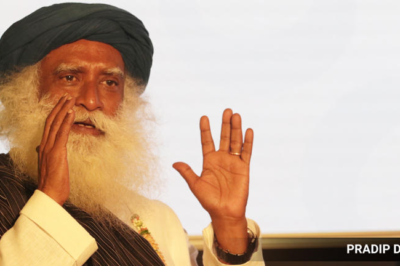
News Summary:
- A search operation by 150 police officers took place at Isha Foundation following a Madras High Court order, focusing on allegations of detaining two sisters.
- The investigation is part of a habeas corpus petition filed by their father, claiming the women are being held and brainwashed into a monastic life.
- Isha Foundation defends its stance, stating that the women are staying voluntarily, with their legal team asserting adults’ right to choose their spiritual path.
Why did the High Court order a search of the Isha Foundation?
The Madras High Court ordered a search at Sadhguru’s Isha Foundation following a petition by Dr. S. Kamaraj, who alleged that his two daughters, Geetha and Latha Kamaraj, were being held against their will. Dr. Kamaraj claims the foundation is brainwashing them and turning them into monks, restricting their contact with their family. A team of 150 police officers, including senior officials, was sent to Isha Foundation’s ashram in Thondamuthur for a detailed investigation. The search aimed to verify the status of the residents and examine the conditions at the ashram.
The court expressed concerns about the allegations, particularly questioning the foundation’s influence on the women. Justices S M Subramaniam and V Sivagnanam highlighted the contradiction in Sadhguru’s life, noting that while he married off his own daughter, other young women at the ashram were encouraged to renounce worldly life. This issue sparked broader concerns about whether the foundation was coercing individuals into a life of celibacy and detachment from their families.
What were the daughters’ statements, and what is the court’s stance?
Both Geetha and Latha appeared in court, firmly stating that their stay at Isha Foundation was voluntary, dismissing their father’s claims. They insisted they had chosen a spiritual path of their own free will. However, the court remains unconvinced, questioning the impact of the foundation’s teachings on the women’s relationship with their family, particularly their apparent estrangement from their parents.
While the foundation argues that it respects individual choice and does not enforce monkhood or marriage, the court demanded a detailed investigation into all criminal cases linked to the organization. A final report is expected on October 4.
Conclusion:
The search at Isha Foundation marks a significant moment in the ongoing investigation into allegations of misconduct. The court’s inquiry raises questions about the organization’s influence over its members and the potential for coercion. As the legal proceedings continue, the spotlight remains on whether the foundation is allowing true freedom of choice or exerting undue control over its followers. The upcoming status report will likely play a critical role in determining the future course of this case.








































Leave a Reply